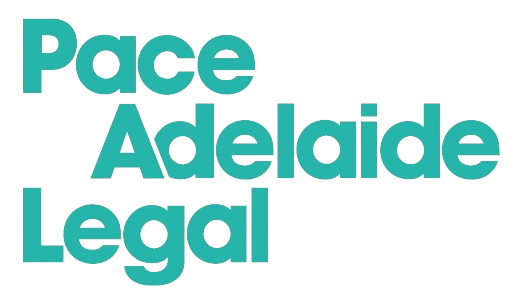The High Court of Australia is currently hearing a matter which could have wide reaching consequences for employers and employees in Australia. The matter raises the question of the
 extent to which an employer should be able to police an employee’s actions outside of work.
extent to which an employer should be able to police an employee’s actions outside of work.
Facts of the Matter
- Ms Banerji was employed by the Department of Immigration and Border Protection;
- Ms Banerji began tweeting anonymously, over 9,000 times, criticising the department;
- All but one of the tweets were sent from Ms Banerji’s personal phone, outside of work hours;
- The Department investigated and subsequently terminated Ms Banerji’s employment for breaching the Code of Conduct;
- Ms Banerji lodged a worker’s compensation claim for post-traumatic stress disorder;
- Comcare refused the claim and Ms Banerji then lodged an application for a merits review; and
- The Administrative Appeals Tribunal of Australia found that the termination was unlawful.
Questions for the High Court
James Mattson of Bartier Perry outlined the key issues in the Appeal, namely:
“If an employee posts anonymous comments on social media, can an employer who later finds out the identity of the employee, use these posts as grounds for dismissal?
Secondly, is an employment contract or policy that requires a worker to behave ‘at all times’, in regard to their employer’s interests, appropriate and legitimate?”[1]
This is important because the Public Service Act 1999 (Cth) requires that “APS employees must at all times behave in a way that upholds the APS Values and the integrity and good reputation of the Australian Public Service”.[2] This term is an integral part of the Appeal. It basically dictates that employees must always be acting in line with APS values, which in effect gives the employer a facet of control over an employee’s personal life, raising the question as to the extent this is appropriate.
The High Court will need to consider an employee’s personal rights, in line with their contractual duty and obligations to their employer. The decision will hopefully reflect where the balance lies, and the appropriate action to take if an employee’s personal life affects the workplace and the wellbeing of others.
Who will this Decision Affect?
While this decision directly relates to the Department of Immigration and Border Protection, it will no doubt have wide-reaching implications. This decision will set a precedent for what is reasonably appropriate to include in a workplace contract, and to what extent (if at all) an employer may ‘police’ an employee’s personal life.
The decision will not be limited to the Department of Immigration and Border Protection. It will have direct application to Australian Public Service roles, and a ripple effect with all other workers. As a result, employees and employers need to be aware of what effect the decision may have on them.
What this Means for Employers
The outcome of this decision will effect employers whether it is upheld or overturned. If the decision is upheld it would make it increasingly more difficult for employers to terminate employees based on social media interactions. Employers will need to be aware of how to navigate situations where employees may be making inflammatory comments on social media, and have appropriate procedures in place to manage the situation.
It could also have implications for employment contracts. The degree to which an employer can place requirements on an employee’s conduct could be limited. Employers will need to review their contracts to ensure that they are not over-restrictive upon the employee’s private life.
If the AATA decision is overturned, employers will gain some certainty about how to respond when employees make comments on social media which are defamatory. Employers will still need to maintain a balance between policing employees conduct and not overreaching into their personal life, but will be able to act in a manner which protects the reputation of their business.
What this Means for Employees
Employees should always be cautious of comments they make about their employer, whether openly or anonymously. If the AATA decision is overturned, employees who may have thought that their comments would not have consequences as they were anonymous, could face disciplinary action from their employers.
If the Appeal is dismissed, this does not necessarily open the floodgates for employees to make anonymous comments about their employers, it simply means that there was no breach of the applicable Code in this matter. A dismissal would likely set a higher threshold for a breach of the Code by an employee.
The AATA made comment about open comment (i.e. not anonymous) social media posts, noting that ‘Ms Banerji would have breached her duty of loyalty and fidelity owed to the Department had her tweets been open comment’.[3] The High Court may address this notion differently, but employees should be aware that open comments have a much higher likelihood of breaching a Code of Conduct or Terms of Employment. Indeed, employees should always be aware that comments made on social media, either openly or anonymously, may have wide-reaching implications for both the individual and the workplace.
If you have any concerns about the validity of terms in your employment contracts or Codes of Conduct, please do not hesitate to contact our Managing Associate Julia Adlem or one of our other experienced lawyers on: 08 8410 9494 or via email with this form.
[1] https://www.bartier.com.au/insights/articles/tweet-tweet-a-high-court-case-on-social-media/
[2] Public Service Act 1999 (Cth) s13(11).
[3] Banerji and Comcare (Compensation) [2018] AATA 892, 113.
